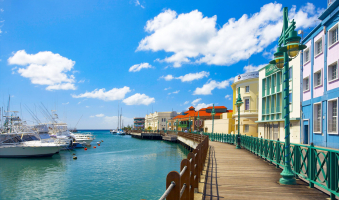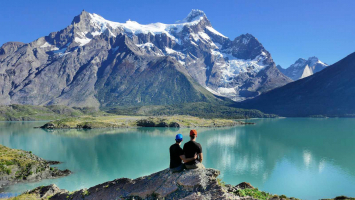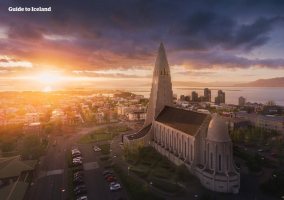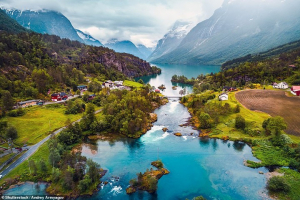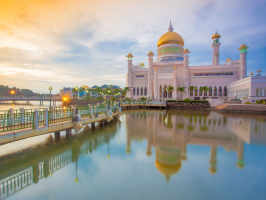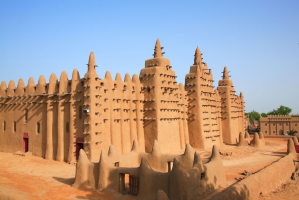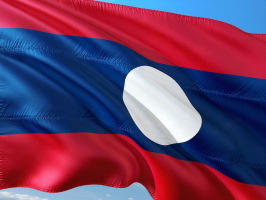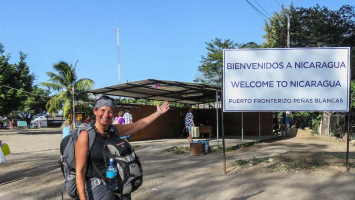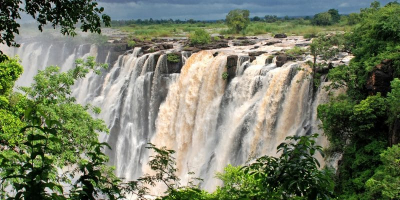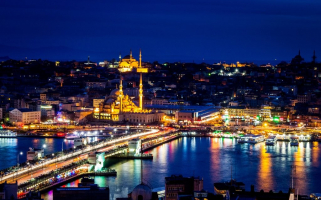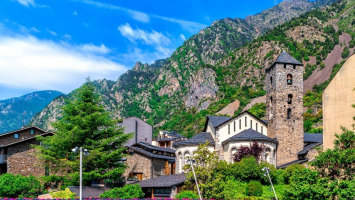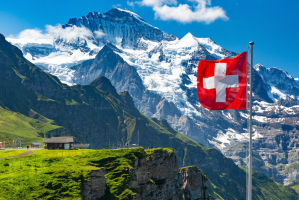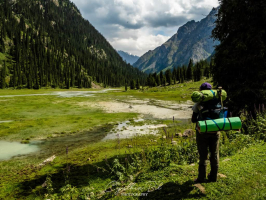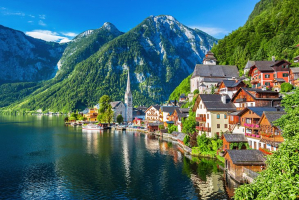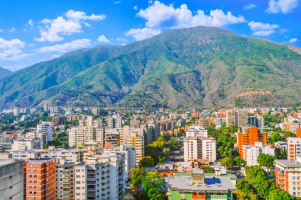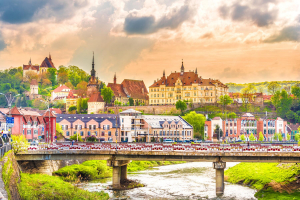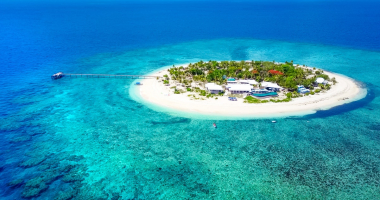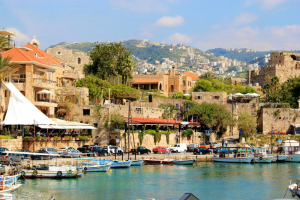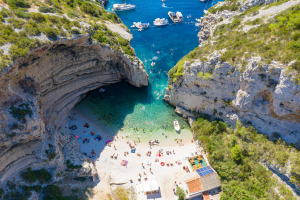Top 12 Things About Syria You Should Know
Syria, the cradle of civilizations, rich in historical structures, and once popular with tourists, is now going through some difficult times. Syria is located ... read more...on the Mediterranean coast and shares borders with Lebanon, Israel, Iraq, Jordan, and Turkey. It has a land area of 185 thousand square kilometers. Ancient Assyria, Babylon, Akkad, and other cities were founded on Syrian territory. Syria has long been a dream for conquerors, and Damascus has been the capital of several empires, from Ancient Egypt to Rome to the Ottoman Empire. Syria has been at the forefront of a civil war in recent years that have destroyed cultural and historical landmarks and divided society into multiple fronts. Other countries' military bases are now placed on a portion of the country's land, and the country is at war. It is over, but it continues to leave a painful scar on the lives of Syrians, taking the lives of military and civilians on a daily basis. Before you travel, here are some Things About Syria You Should Know.
-
Syria's geography is diverse, with sandy deserts, mountains, turquoise Mediterranean Sea beaches, and ancient civilizations' historical sites. You can go on a beach vacation to Latakia or Tartus, where travelers can rest and enjoy the Mediterranean Sea waves in peace, get a tan, and forget about their difficulties. Syria will also appear to be a utopia for extreme sports enthusiasts. Syria's climate is severe and uncertain, to say the least. It's not easy to bear the heat of the Middle East in the middle of the desert. And the inaccessibility of the mountains and rocks spread across the country literally beckons.
You will not only observe locals riding camels here, but you will also be able to enjoy the services of the "desert ship," since the camel is sometimes the only available mode of transportation on the hard sands. Syria, as previously stated, is the cradle of civilizations. Many of Syria's largest cities have histories extending back over a thousand years: Damascus, Aleppo, Homs, Latakia... The list might go on forever, but it's better to see it once than read it a hundred times. The contemporary Syrian population, descendants of the ancient Sumerians and Assyrians, identify as Arabs as a result of Arab invasions. Even from the outside, you can tell that the Syrians are descended from those extremely ancient peoples by looking at their faces. Syria's citizens name their country "the beating heart of the Arab world" for a reason! Valleys of the Euphrates, deserts, beaches, gardens and woodlands, streets, and a combination of architectural styles: you are unlikely to find something comparable, colorful, in this area or the entire world.
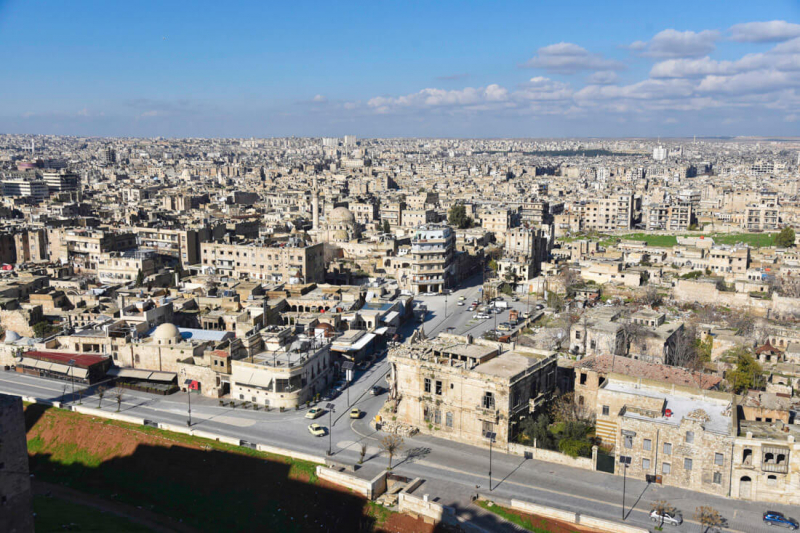
againstthecompass.com 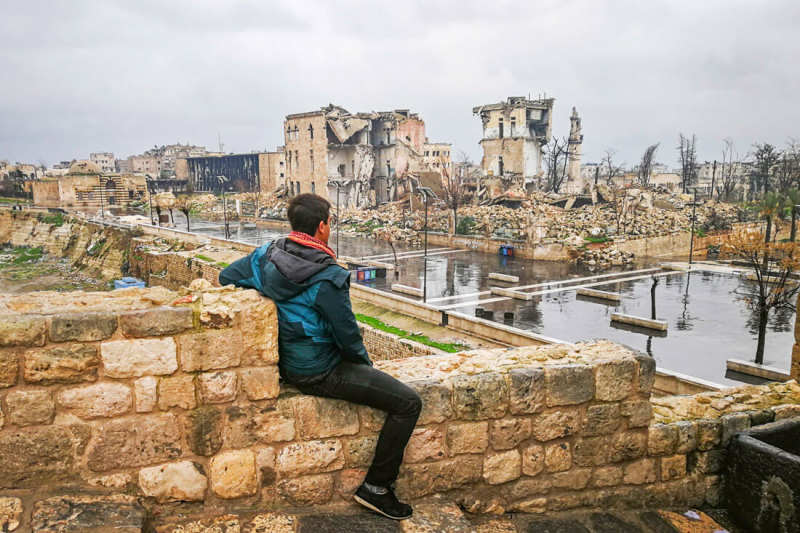
againstthecompass.com -
Legislation and security is one of the Things About Syria You Should Know. The basic regulation for tourists in Syria is to avoid paying in foreign currency such as dollars, euros, and so on. A foreign citizen faces an actual sentence of up to two years in prison for this. When you arrive in the nation, look for state-owned banks or currency exchange offices to exchange your money. In any event, be wary of local speculators who claim to be able to provide you with a better exchange rate.
The frequency of thefts in Syria has increased as a result of the country's tough economic position following the Syrian war. It is not recommended that tourists leave valuables in hotels or cars. Despite this, Syrians are very friendly since, like the rest of the Middle East, they love and respect visitors. But, once again, being cautious will not protect anyone. It is also advisable to read Syria news and speak with the Ministry of Foreign Affairs before coming to this country.

atlanticcouncil.org 
atlanticcouncil.org -
Syria's customs agents will not require insurance when crossing the border, although having it with you is not a bad idea. Insurance policies may be difficult to recognize due to the complexity of the financial system and banking systems. Despite the paperwork and difficulty, taking insurance in your own country is the best option. You may receive it at the border, just like car insurance: the Syrian government charges a levy on personal vehicles entering the country.
With the rapid rise and spread of terrorist activity in recent years, civil unrest, rapidly evolving conflicts, and fragile political and environmental situations all over the world – even the most experienced travelers can quickly find themselves in difficult situations that can expose them to dangerous circumstances and unexpected accidents, illnesses, and medical emergencies. Insurance was developed in close collaboration with renowned international travel and medical insurance specialists, as well as individuals working on the front lines of global travel risk management, safety, and personal security in unstable areas.

insuranceneighbor.com 
insuranceneighbor.com -
In Syria, there are numerous military zones into which civilians are not permitted. The remainder of the country is completely free to move around. You may, however, be stopped and asked for your documents due to the military administration. As a result, you must have an identity card, a passport with a valid visa, and a stamp of entrance into Syria when visiting there. If you don't have a special pass, you can't go to the Golan Heights.
Every tourist staying in Syria for more than 15 days must apply for a special permit at the migration service office. Bank cards can be used to make payments in Syria's high-quality hotels and restaurants. When you show your card, you will almost always be looked at without approval and simply told that this service is not available. As a result, Syria is a country where cash is required.
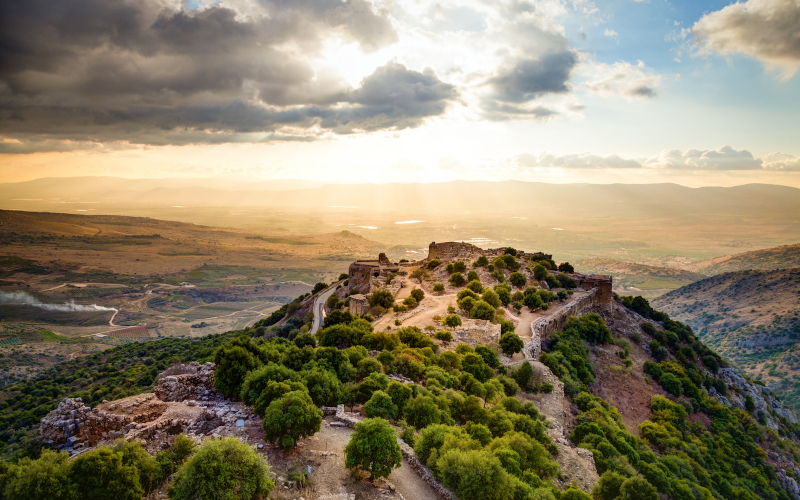
timesofisrael.com 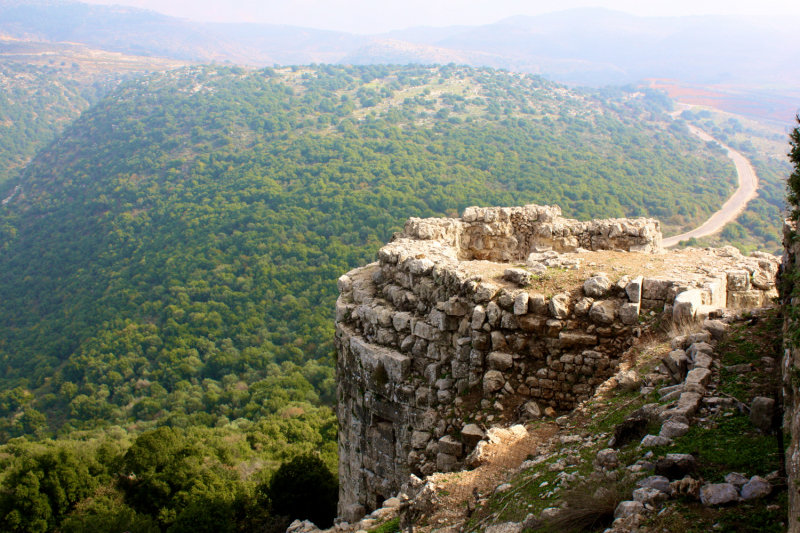
timesofisrael.com -
People have a strong sense of personal integrity, which inspires amazing compassion in Syrians. Being helpful, hospitable, and charitable to others provides pride and status. Syrians' friendliness is immediately obvious in this regard. Syrians are ethnically and religiously varied; Muslim Arabs constitute the large majority of the population; on the basis of religion, the following communities can be identified: 68.7 percent are Sunni Muslims, 16 percent are Druze, Shiei, Alawi, and Ismaili, and 14.1 percent are one of more than 11 Christian denominations.
Despite their pluralism and tolerance, Syrians are deeply religious and adhere to Islamic principles. Short clothing is not encouraged for tourists, and this is not only for ladies. You can visit religious sites as a non-believer. Nonetheless, basic Muslim beliefs must be followed: shoes must be removed at the mosque entrance, and women must wear a headscarf. If you're in Syria during the Muslim holy month of Ramadan, avoid eating and drinking in public locations and avoid throwing loud gatherings. It's worth noting that 99 percent of restaurants and catering establishments are closed from sunrise to sunset, so stock up on food if you're in Syria during Ramadan but won't be fasting.
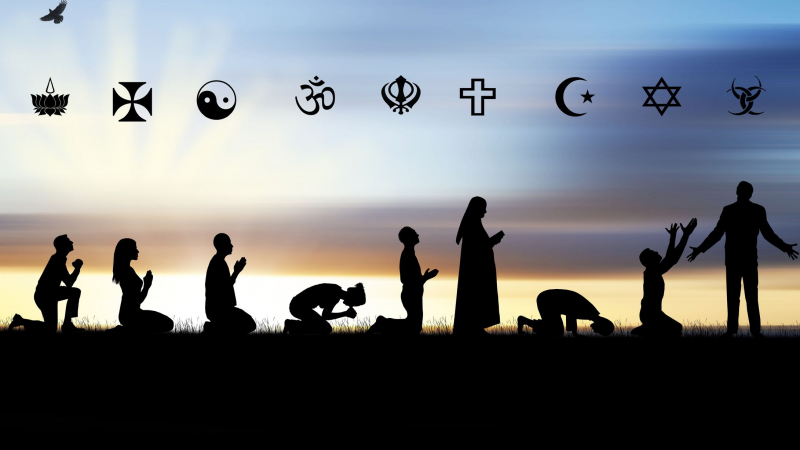
joshualandis.com 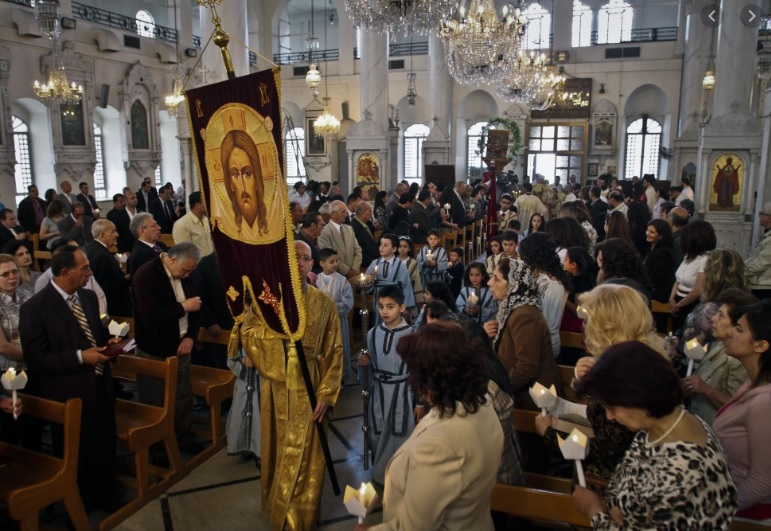
joshualandis.com -
Syria, unlike several other countries, does not need immunizations against diseases since the country adheres to religious hygiene standards. If you plan on staying in Syria for an extended period of time, you must take an HIV test, which may be done at a public hospital. Because the Syrian dry environment and heat are not suited for persons with cardiovascular difficulties, travelers with weaker health should visit during a more temperate time of year.
COVID-19 cases have been confirmed by Syrian authorities. Because of the ongoing violence, access to hospitals may be restricted. Syria's healthcare system has deteriorated. If you are critically ill or injured, you will require medical evacuation. This could be quite difficult to organize. Medication is in scarce supply. If you go to Syria against our warning, make sure you have extra medication. Polio cases have been documented. If you stay for more than four weeks, you must produce confirmation of having received the polio vaccine or a booster within the previous 12 months.
Insect-borne diseases such as leishmaniasis are widespread. Malaria is present in the northern border region, specifically in Al Hasakah Province. Make sure your lodging is insect-proof. Apply insect repellant. Take anti-malarial medicine if necessary.

chronicle.com 
chronicle.com -
Personal hygiene and medical services is one of the Things About Syria You Should Know Do not eat unwashed vegetables and fruits purchased at the market. Because most markets sit in the midst of a street or square, dust, filth, and bacteria can settle on the fruit, causing health problems. It is likewise not advisable to purchase food on the street. If you're sick, there's a pharmacy or a medical institution on nearly every street in Syria, especially in Damascus, the capital. Even if you don't have insurance, foreign citizens can get a doctor's appointment for free but don't expect high-quality service. A private hospital will cost you a little extra money. If you are ill, though, it is the finest alternative. Because of their extended stays in England and France, local professionals are fluent in both languages, so you can readily explain to the doctor where and why you are in pain.
Waterborne, foodborne, parasitic, and other infectious disorders are all prevalent. Among these include brucellosis, typhoid, and hepatitis. Only drink boiled or bottled water. Avoid eating raw or undercooked foods, as well as unpasteurized dairy products.

georgiamtc.com 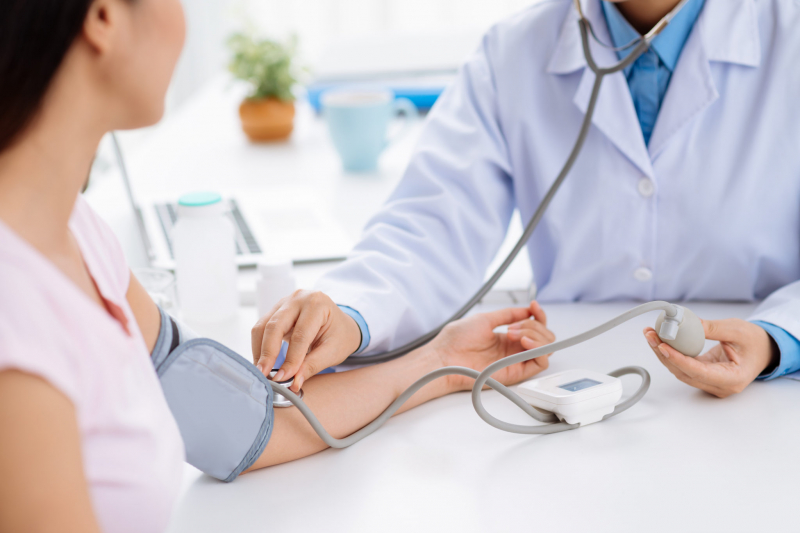
georgiamtc.com -
Are you trying to figure out how to get to Syria? In Syria, there are two international airports that is one of the Things About Syria You Should Know: one in Damascus and the other in Aleppo. Aleppo International Airport, which was badly damaged during the Syrian war, reopened in 2020 and began accepting flights from Saudi Arabia, Bahrain, Kuwait, Turkey, and a number of European countries including Germany, France, Italy, and the Netherlands, and Sweden.
The international airport in Damascus accepts flights from around 25 different nations. Unfortunately, some flights were canceled due to the war and the coronavirus outbreak. Official authorities, on the other hand, announced a quick geographic extension and the restoration of aviation activity. Syria is also accessible by road from Turkey, Jordan, and Lebanon. The most uncommon method is to travel to Syria via ship from Greece. This vacation will be remembered by those who enjoy the exotic!
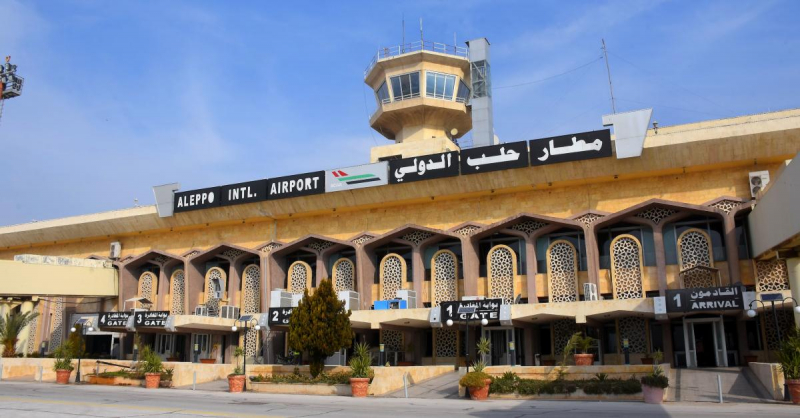
al-monitor.com 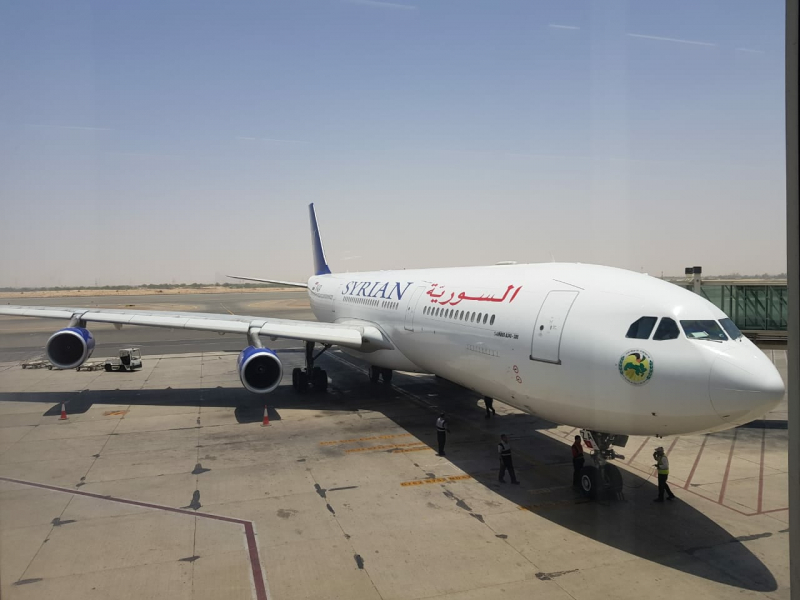
al-monitor.com -
Syria is rich in ancient historical monuments that have been meticulously preserved. Damascus, Syria's capital, is home to numerous museums, mosques, monasteries, and markets. The same can be said of Aleppo, one of Syria's, the Middle East's, and the world's oldest cities. There are churches, markets, and mosques here that are on the UNESCO World Heritage List. The city of Palmyra, however, is Syria's most well-known tourist destination. The city's desert is right in the center. The city was erected in the classical Roman style about 1500 BC as a military fortification against Aramaic incursions. Palmyra became a city-state as it developed and was completed.
The amazing openwork colonnades, the remnants of Justinian's dominion walls, and the valley of tombs, theaters, and temples will take away your ability to speak once you arrive in the city. Part of the city was blown up by terrorists during the Syrian war, but since returning to Syrian government control, Palmyra has been peaceful. Archaeological digs in the city are still going on today. When it comes to famous cities in Syria, the ancient city of Bosra, which is almost entirely made of black basalt, must be mentioned. The ancient city of Bosra, which is nearly entirely made of black basalt and has remnants of Roman, Byzantine, and Muslim structures, is a UNESCO World Heritage Site. Bosra also has one of the best-preserved Roman theatres in the world.
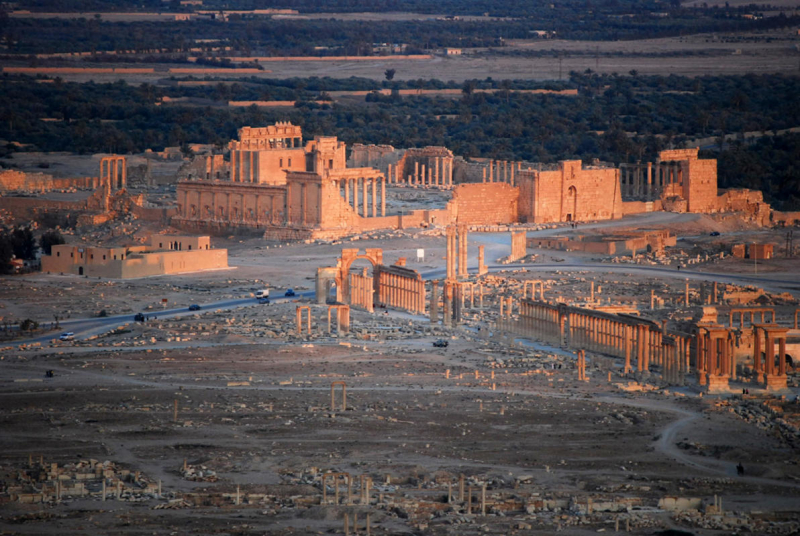
traveltomtom.net 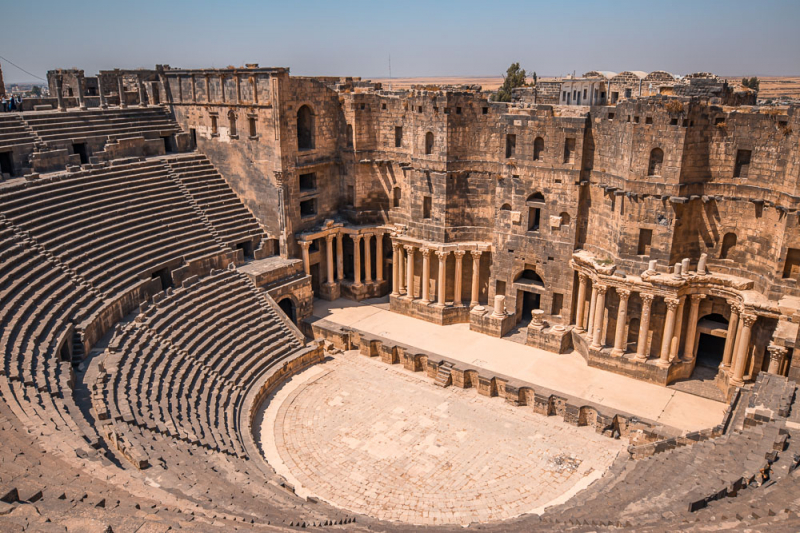
traveltomtom.net -
Syria is said to be the location where Cain murdered his brother Abel. Cain and Abel are one of the Things About Syria You Should Know. Cain, the firstborn son of Adam and Eve slaughtered his brother Abel in the Bible (Hebrew Bible, or Old Testament) (Genesis 4:1–16). Cain, a farmer, became angered when the Lord chose his brother, a shepherd, over his own contribution. He slew Abel and was exiled from the established land by the Lord. Cain was afraid that he might be slain by anybody during his exile, but the Lord offered him a sign of protection and a promise that if he was killed, he would be avenged sevenfold. Maqam Aarbain, in Damascus, Syria's capital, is thought to be the scene of humanity's first murder. The castle, Zakaria Mosque, Saladin's mausoleum, and John the Baptist's cemetery are among the notable features of the historic settlement. Everything in Syria is now more or less calm after the conflict, so don't be scared that the same thing may happen to you.
Enjoy your journey!

pickvisa.com 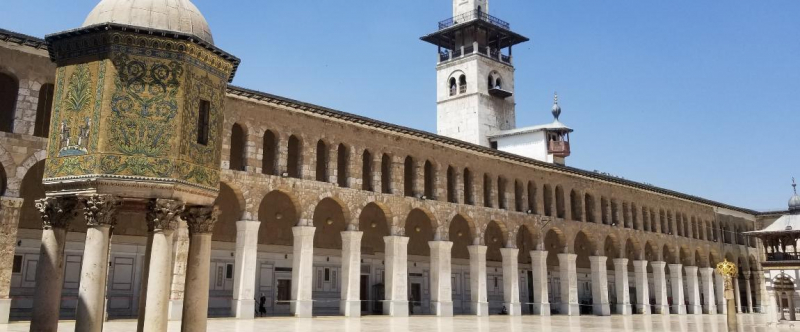
pickvisa.com -
Shawarma is one of the most well-known Middle Eastern street dishes. The origins of this delectable cuisine may be traced back to the Levant and the Ottoman Empire, when Sadeeq Khabaz quit his restaurant position in Bursa in 1906 to create a shawarma restaurant in Damascus. Khabaz tweaked the recipe to include the particular flavor of Syrian shawarma. Shawarma is made using chicken breast and unique seasonings. The meat is rotated on a vertical grill using a metal skewer. Thin slices of beef are sliced from the skewer with an extremely long, sword-like knife while it cooks. The chicken pieces are then served with pickled cucumbers and a unique garlic cream on homemade bread.
Syrian kebab is often regarded as the tastiest grilled meat. A kebab of lamb combined with garlic and parsley is a summertime favorite. There are over 20 kebab recipes, but this basic smokey and flavorful one is the most popular. It's frequently accompanied by hummus, grilled veggies, and salad.

omayahcooks.com 
omayahcooks.com -
Syria holidays comprise a calendar packed with activities for those who are fortunate enough to be in the region at the correct time. While the present political scenario may cause certain events to be canceled, others, such as the annual Cotton Festival and religious festivals such as Eid al-Fitr, will go forward as scheduled.
National Independence Day kicks off the Syrian events calendar in April. This day is traditionally celebrated by grand displays of national solidarity and pride. Parades are staged in most major city centers, the Syrian flag is flown high, and national anthems can be heard from houses and small establishments across the country. However, since the commencement of the civil war, all festivities appear to have cooled significantly.
Eid al-Fitr (the end of Ramadan), Muslims make up 87 percent of the Syrian population, hence Islamic festivals are important in the country. Eid al-Fitr, which occurs every August, is one of the most well-known celebrations. Eid commemorates the completion of Ramadan, the holy month of fasting. Family and friends assemble for a large feast, presents are exchanged, new clothing are worn, and, of course, mosque attendance is required.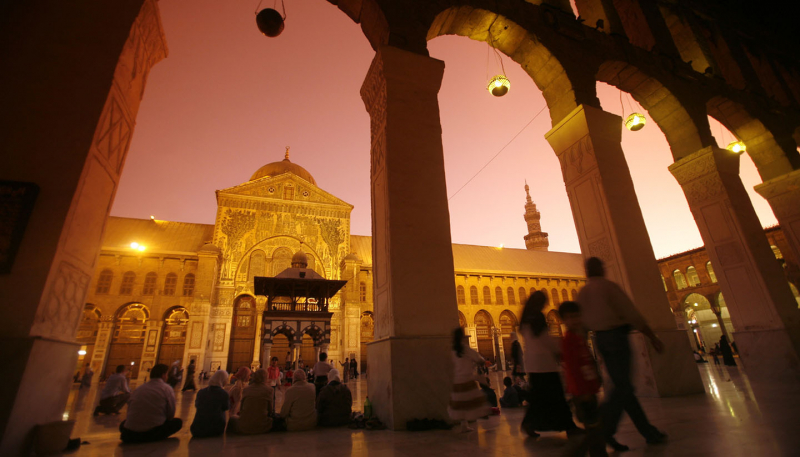
worldtravelguide.net 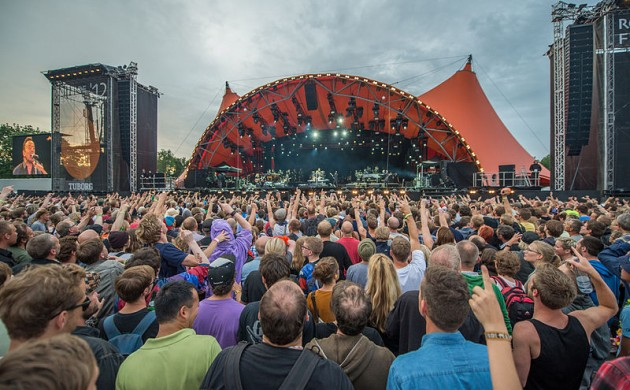
worldtravelguide.net














